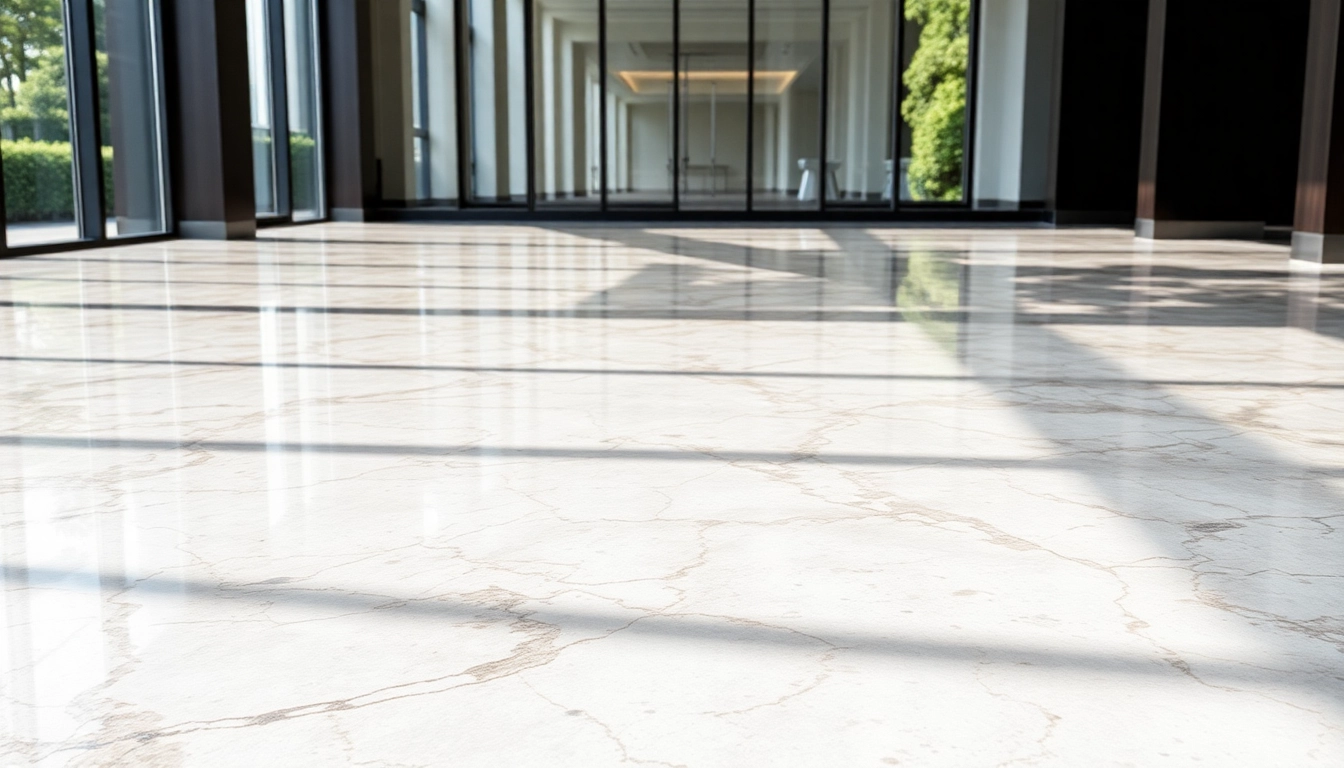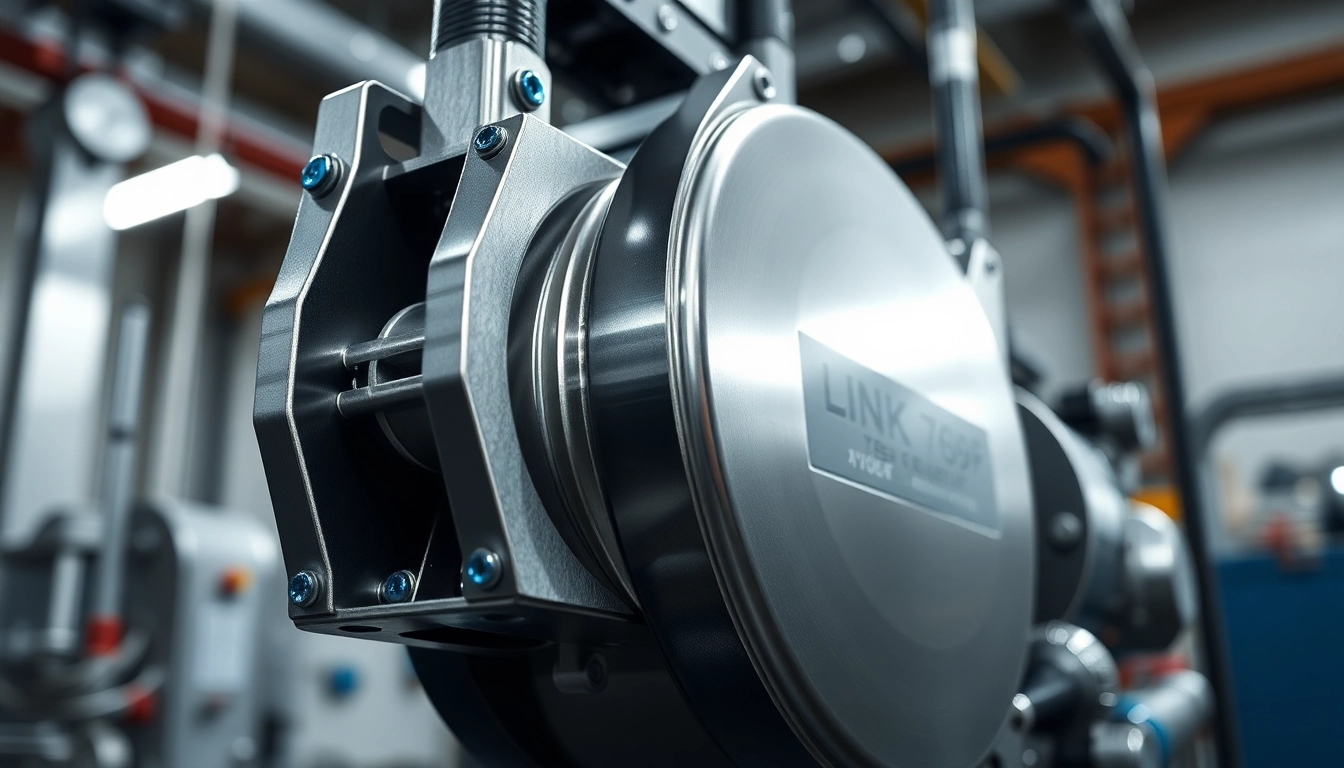Introduction to Epoxy Resin Floors: Benefits and Applications
Epoxy resin floors have revolutionized the way we approach surface finishing in various environments, offering a combination of durability, aesthetics, and ease of maintenance. Whether you’re considering a upgrade for your garage, a commercial workspace, or an industrial facility, epoxy flooring provides an effective solution that addresses multiple functional and design challenges. As a high-performance coating, an epoxy resin floor can transform ordinary concrete surfaces into resilient, attractive spaces that stand the test of time.
Understanding the core advantages and wide-ranging applications of epoxy resin floors is crucial before starting a project. From resisting chemical spills and heavy foot traffic to enhancing visual appeal through customization, epoxy floors are increasingly becoming the preferred choice in diverse sectors. This article explores in depth the benefits, design options, installation steps, product selection tips, and cost considerations to help you make informed decisions and achieve outstanding results.
Understanding Epoxy Resin Flooring and Its Advantages
What Is Epoxy Resin Flooring?
Epoxy resin flooring is a type of protective coating composed of epoxide resin combined with hardeners and other additives. When mixed, these components chemically react to form a robust, seamless surface layer that bonds strongly with concrete or other subfloors. The final coating results in a hard, glossy, and highly resistant surface ideal for high-traffic or demanding environments.
Key Benefits of Epoxy Floors
- Durability: Epoxy floors are highly resistant to abrasion, impact, and wear. This durability extends the lifespan of floors significantly, reducing the need for frequent repairs or replacements.
- Chemical Resistance: Suitable for environments exposed to acids, oils, solvents, and other chemicals, making them perfect for industrial and commercial use.
- Ease of Maintenance: The seamless, smooth surface minimizes dirt accumulation, simplifying cleaning routines and reducing long-term maintenance costs.
- Enhanced Safety: Many epoxy formulations include anti-slip additives and can be designed with specific textures to improve traction, reducing accident risks.
- Aesthetic Appeal: Available in numerous colors, finishes, and decorative effects, epoxy floors can be tailored to match interior design themes and branding.
With these benefits, epoxy resin flooring is not only a practical solution but also a way to elevate the visual standard of a space. Its adaptability makes it an excellent choice across many sectors.
Common Uses in Residential, Commercial, and Industrial Settings
Residential Applications
In residential settings, epoxy floors are often installed in garages, basements, or home workshops. The durability and resistance to stains and moisture make them ideal for these areas. Decorative options such as marble or metallic finishes can add a luxurious touch, transforming a utilitarian space into a showcase feature of the home.
Commercial Environments
Retail stores, showrooms, and office buildings benefit from epoxy floors through enhanced aesthetics and ease of upkeep. Their seamless surface can be customized to incorporate branding elements or decorative patterns, enhancing customer experience while maintaining a professional appearance.
Industrial and Heavy-Duty Settings
Factories, warehouses, and manufacturing plants demand flooring that can withstand heavy machinery, impact, and chemical spills. Epoxy’s high chemical and impact resistance makes it suitable for these demanding environments, providing safety and long-term cost savings. Some industrial-grade epoxy systems even include anti-static properties to prevent static buildup.
How Epoxy Floors Improve Space Aesthetics and Functionality
Beyond functional benefits, epoxy resin floors significantly enhance the visual appeal of a space. The reflective, glossy surface amplifies lighting, making interiors brighter and more inviting. Additionally, the customization options allow for creative expression—be it marble effects, metallic finishes, or patterned designs that align with branding or personal style.
From improving spatial perception to reducing maintenance efforts, epoxy floors support both aesthetic and functional enhancements, delivering a comprehensive upgrade to any surface. Their ability to combine form with function makes them a popular choice among architects, designers, and property owners aiming for longevity and style.
Design Options and Customization of Epoxy Resin Floors
Color, Finish, and Texture Variations for Personalized Spaces
One of the most attractive features of epoxy flooring is its versatility in color and finish. Standard options include solid colors, metallic effects, and multi-layer overlays that create depth. Finishes range from high-gloss to matte, allowing customization to match interior accents or branding colors. Textures can be added through additives or specific application techniques to enhance slip resistance or achieve unique tactile feels.
Incorporating Patterns and Decorative Effects
Advanced decorative techniques include embedding patterns, logos, or artistic designs within the epoxy layer. Using stencils, color flakes, or metallic powders, contractors can craft intricate visuals that elevate the space’s style quotient. These effects are particularly popular in showrooms, retail spaces, or personalized garages seeking a bespoke look.
Matching Epoxy Floors to Branding and Interior Design Themes
Color schemes can be matched precisely to corporate branding or interior décor. Custom pigments, gloss levels, and embedded logos help create cohesive environments that reinforce brand identity. The ability to integrate branding elements seamlessly into flooring design offers a strategic advantage in commercial settings.
Steps to Achieve a High-Quality Epoxy Resin Floor
Preparation: Surface Cleaning and Repair
Success begins with meticulous surface preparation. All debris, dust, and oils must be thoroughly cleaned. Repairs for cracks or pitting should be completed to ensure a smooth, stable foundation. Proper surface profile—achieved through grinding or shot blasting—enhances epoxy adhesion and durability.
Application Techniques for Smooth, Even Coats
Applying epoxy requires careful mixing according to manufacturer instructions. Using rollers or squeegees, the epoxy is spread evenly in thin coats to prevent bubbles and uneven finishes. Multiple coats may be necessary for optimal thickness and strength. Temperature and humidity control are critical during application to avoid defects like bubbles or improper curing.
Drying, Curing, and Maintenance Tips for Longevity
After application, curing times vary depending on product specifications but typically range from 24 to 72 hours. Protect the surface from impact, foot traffic, or water until fully cured. Regular cleaning with non-abrasive products preserves gloss and appearance. Periodic resealing or recoating enhances longevity, especially in high-traffic or chemically exposed areas.
Choosing the Right Epoxy Resin Products and Brands
Factors to Consider: Durability, Chemical Resistance, UV Stability
Selecting appropriate epoxy products hinges on specific project requirements. For industrial floors, chemical and impact resistance are paramount. For outdoor or UV-exposed areas, UV stability and color retention are critical. Consulting product data sheets and testing small samples can aid in choosing the best formulation.
Popular Brands and Kits Reviewed
Brands like Rockhard USA, EPODEX, and Stone Coat offer comprehensive kits with varying features. For example, Rockhard USA’s epoxy kit is celebrated for being 100% solids, self-leveling, and non-toxic, making it suitable for residential and commercial use. EPODEX provides UV-stabilized, waterproof options, ideal for outdoor applications, while Stone Coat offers decorative and durable finishes. Reviewing product ratings and customer feedback helps narrow down choices to the most reliable options.
Expert Advice on Product Selection and Installation
Professional guidance ensures that your selected epoxy system aligns with your project’s demands. Consider factors like surface type, environmental conditions, and desired aesthetic outcomes. Always follow manufacturer instructions for mixing, application, and curing to achieve optimal performance. Consulting with experienced installers can prevent common pitfalls and guarantee a high-end finish.
Cost Analysis and ROI of Epoxy Resin Flooring
Pricing Estimates for Different Project Sizes
The cost for epoxy flooring varies based on surface area, complexity, and product choice. Small residential projects might range from £30-£50 per square meter, while large commercial installations can go up to £100 or more per square meter for premium finishes. Kits and DIY options are generally more affordable, but professional installation ensures quality and longevity.
Long-term Savings Through Low Maintenance and Durability
Although initial costs can be significant, epoxy floors offer excellent long-term value. Their resistance to chemicals, stains, and wear reduces maintenance expenses. Additionally, their longevity—often exceeding 10-20 years—means fewer repairs or replacements, delivering a substantial return on investment over time.
Case Studies Demonstrating Value and Performance
Many facilities have reported reduced maintenance costs, improved safety standards, and enhanced aesthetics after installing epoxy floors. For example, a warehouse upgrading to epoxy reported a 40% reduction in cleaning and repair costs within two years, alongside positive feedback from staff regarding safety and cleanliness.



